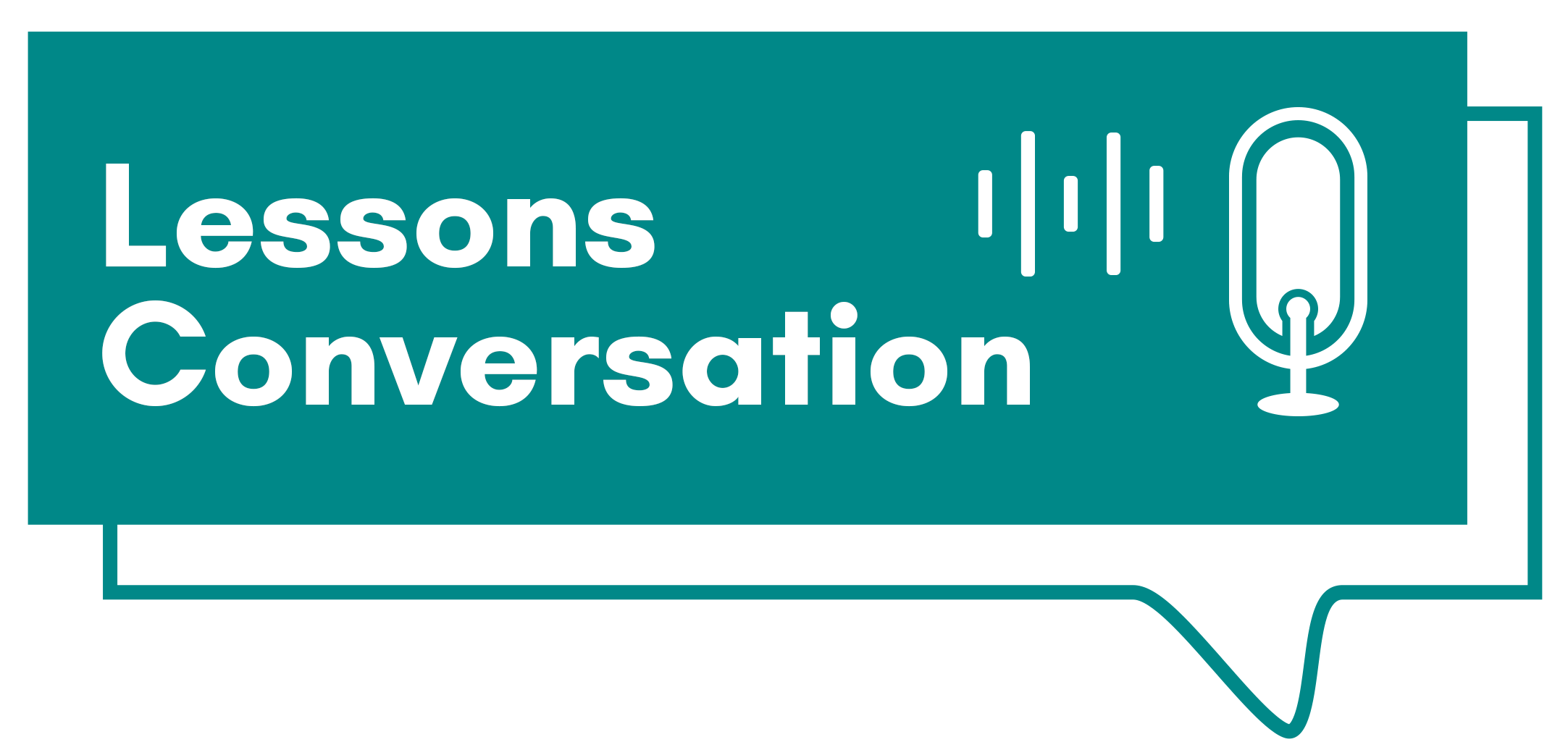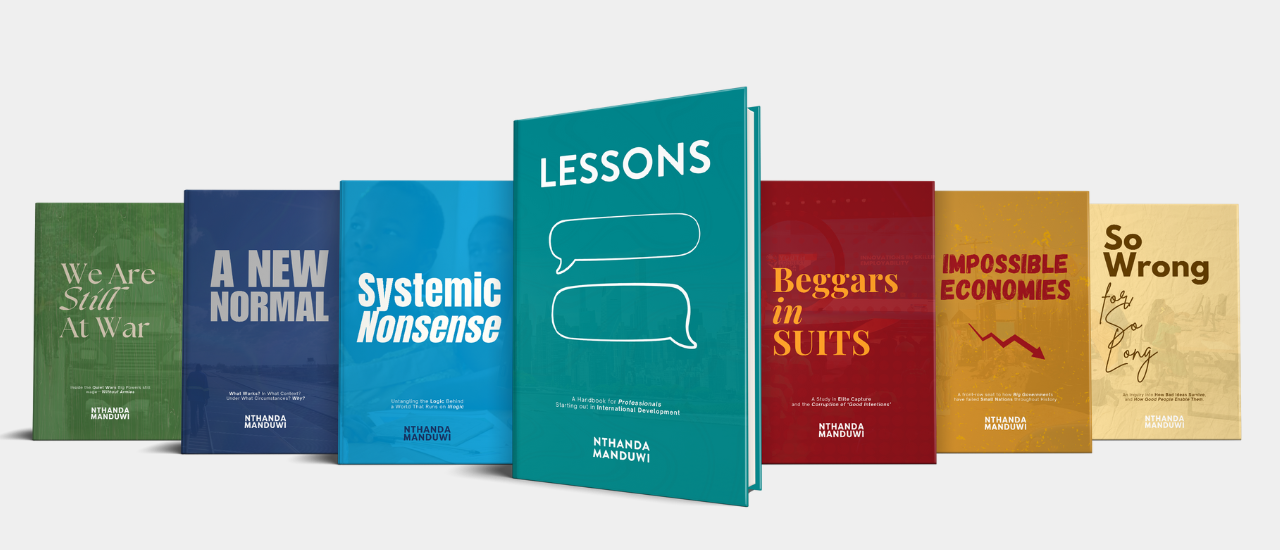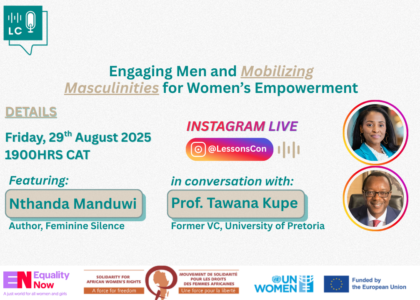A Journey Through, and on the Sides of the United Nations
By Nthanda Manduwi
A seven-part reckoning with power, purpose, and possibility.
Coming 6th July, 2026
When Nthanda was a student at the University of Malawi, her classmates would often say, “You’re going to work for the UN.” It was meant as a compliment—an affirmation of brilliance. But at the time, she didn’t even know what that meant. She was the daughter of mariners, raised in Mangochi’s quiet privilege, groomed for a future in science or law. International development? That was not quite on the roadmap.
And yet, it found her.
From joining the Leo Club as a student, to founding her own non-profits—Ntha Foundation and the Kwathu Kollective, Nthanda was constantly drawn to the question: What happens after we donate? What happens when the cameras are gone? I began to see the cracks in how we “help,” and she knew she needed to do something different.
In 2021, Nthanda was selected as one of 20 from nearly 38,709 global applicants for the UNDP Graduate Programme. She was seconded to New York at the Independent Evaluation Office, where she worked on SDG knowledge coordination, supporting evaluation conferences, and producing early conversations around what would become her show: The Lessons Conversation. She worked on global synthesis coalitions. She read every major framework. She learned the language of diplomacy.
And She learned its limits.
Her former manager, and a great mentor of hers once told her, “You can’t change the world from here. You can only change the area around your desk.” That line stayed with her. It also broke her a little. Because she didn’t come to the UN to change my desk—she came to change the world.
Nthanda still believes in sustainable development. Deeply. But she also believes that we are failing to deliver it—not just the UN, but all of us: governments, NGOs, donors, even private actors. The MDGs failed. The SDGs likely will too. Not because the intentions aren’t noble, but because the systems remain unchallenged.
So she chose to step away from New York—not to give up, but to recourse. To return to Malawi. To the work. To the ground. To change what she can measure. She later got into an MBA program with the Michigan State University, and moved to Lansing.
To Learn.
And to write.
Why Nthanda Writing the Lessons Series
This series is a reckoning. With development. With institutions. With herself.
These books emerged from years of working at the intersection of aid, policy, digital transformation, and lived experience. They’re not written out of rage, but out of responsibility. They are my attempt to hold a mirror to systems that often refuse to see themselves clearly.
Each book is a lens: a different angle into the same truth: we can do better.
Together, they form a seven-part series that interrogates what works, in what context, under what circumstances, and why. Each book offers lessons. Not perfect answers—but perspective, honesty, and hope.
The Books (2026 Publication)

1. Lessons
A Handbook for Professionals Starting Out in International Development
This is the heart of the series. Lessons is where everything crystallized—the patterns, the politics, and the people Nthanda met along the way. The book reflects on her early years in global development, particularly through the lens of a young African woman trying to make sense of complex systems.
It is part guidebook, part memoir, and part challenge to the status quo. For anyone beginning a career in international work, this is the book Nthanda wishes someone had handed her.
2. Beggars in Suits
A Study in Elite Capture and the Corruption of “Good Intentions”
Beggars in Suits is a confrontation—with development leaders, think tanks, and all those who weaponize titles, polished accents, and TED Talks to secure funding while blocking real change.
It examines how power replicates itself under the guise of “doing good”—revealing how elite capture thrives even in spaces meant to liberate.


3. Systemic Nonsense
Untangling the Logic Behind a World That Runs on Illogic
We like to pretend the system is broken. But what if it’s working exactly as designed? Systemic Nonsense unpacks the myths, contradictions, and dysfunctions normalized in international institutions.
Both satirical and surgical, it dissects the policies that persist despite making little sense.
4. Impossible Economies
A Front-Row Seat to How Big Governments Have Failed Small Nations Throughout History
Impossible Economies questions conventional wisdom about “economic development” and shows how outdated models continue to harm those already on the margins.
Here, the focus zooms out to the macro level—colonial trade, IMF loans, and extractive governance. It is about Malawi. About Africa. About the global South.


5. So Wrong for So Long
An Inquiry into How Bad Ideas Survive—and How Good People Enable Them
Failure isn’t always loud. Sometimes it is quiet, polite, and well-funded. So Wrong for So Long explores the inertia within development institutions, where bad ideas live forever because no one wants to admit they were wrong.
It also turns the mirror inward, asking when well-meaning actors—including Nthanda herself—have enabled broken structures. It is not a blame game; it is an exercise in honesty.
6. We Are Still at War
Inside the Quiet Wars Big Powers Still Wage—Without Armies
We Are Still at War reveals the violence we rarely name: donor pressure, policy conditionalities, and global funding politics. It shows how war is still waged—not with bombs, but with trade agreements, austerity, and coercion.
It honors the silent resistance of small nations struggling to breathe under global control.


7. A New Normal
A Future-Minded Reflection on Systems Rebirth
The series ends with imagination and rebuilding. A New Normal asks: What if we did things differently?
It synthesizes the reflections of the first six books and dares to suggest alternatives—not perfect ones, but better ones. It reads as manifesto, blueprint, and love letter to what is still possible.
Why All Seven? And Why All at Once?
Each book forms a chapter in a larger arc—from awakening, to confrontation, to reimagining. Together, they chart a full reckoning with development and the global systems that shape it.
Nthanda Manduwi created this series not because she claims to have all the answers, but because silence was no longer an option. It is her offering—to peers, to her continent, and to the world.
Explore the Series
📖 Read More About the Books
📥 Download Sample Chapters
🎤 Book Nthanda to Speak
📚 Partner with Bien Books
🛒 Pre-Order the Series
Read Nthanda’s Published Books:
If you’d like to go deeper into Nthanda’s journey — from Malawi, through the United Nations to Microsoft, you can find it in her books:








